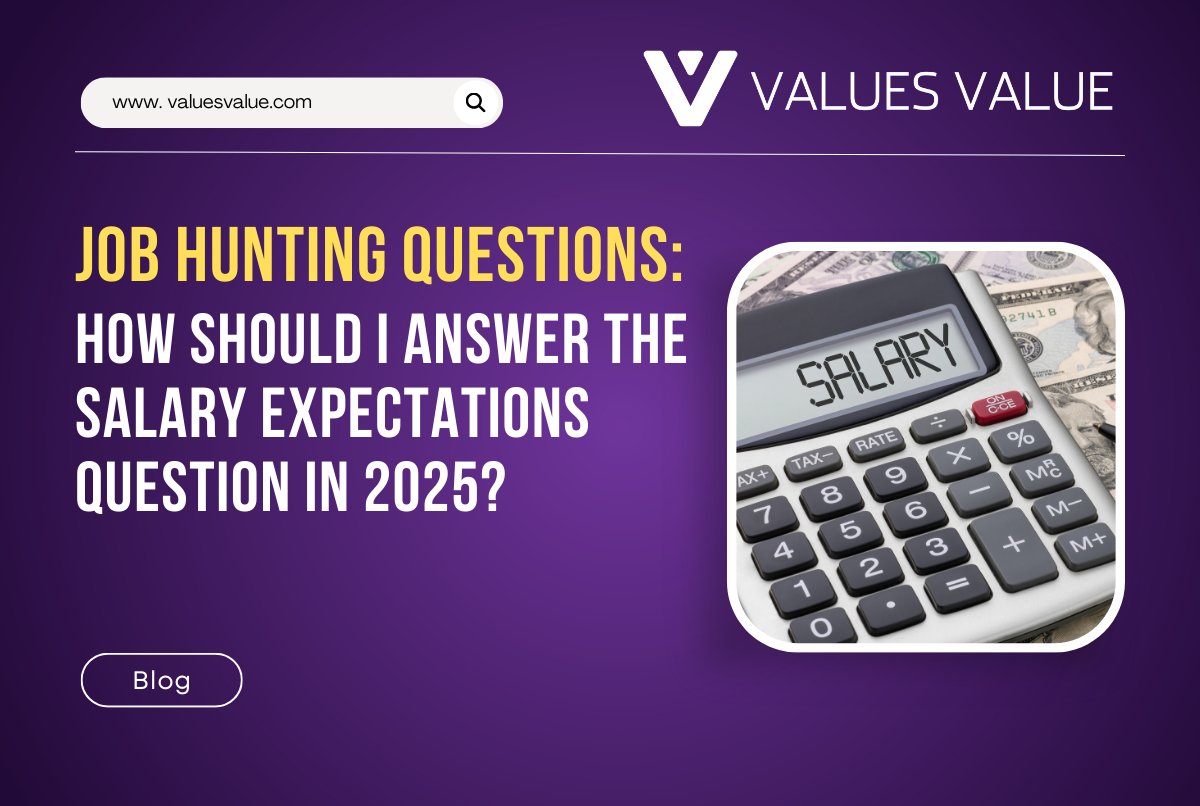
We recently received this question from a candidate navigating job interviews in the current games job market. It’s one of the most common — and most uncomfortable — questions job seekers face: “What are your salary expectations?”
In 2025, the context makes it even more complex. After years of mass layoffs across the industry, many professionals — particularly in QA, art, localisation, HR, and audio — are facing increased competition. Some employers are using this to push salaries down, especially for mid-level and junior roles. But that doesn’t mean you should accept less than you’re comfortable with.
So how should you approach this question?
Start with research. Know the market benchmarks for your role, level, and region. Use resources like the Big Games Industry Employment Survey, platforms like Glassdoor or Levels.fyi, and talk to peers or recruiters when possible. Understanding the current range allows you to speak confidently and with context.
The key principle is: name the number you’re comfortable with. If you’re open to flexibility, make it clear that you’re willing to return to the compensation discussion later, once there’s alignment on responsibilities and the company’s expectations. For example: “Based on my experience and current market data, I’m looking for something around €4,500–€5,500 gross monthly. That said, I’m open to further discussion as we move forward.”
This approach gives the employer room to work within their budget and keeps you in the running — especially if you’re one of several strong candidates.
If you’re not open to negotiating downward, it’s better to be direct. You might say: “Given the current market and my professional experience, I’m not in a position to consider offers below €X. I’m confident in the value I bring to this role.” That clarity might actually help you land the compensation you need — if the employer sees you as the right fit, they’ll often stretch the budget or reprioritize.
Also, consider this: in 2025, a high salary no longer guarantees stability. Over the past two years, many well-paid professionals were laid off with little notice. This has changed how candidates think about compensation — not just in terms of how much, but also how safe and sustainable the offer is. As a result, more candidates are prioritizing companies with transparent business models, long-term project funding, and supportive leadership — even if the salary isn’t at the very top of the range.
When discussing compensation, it’s smart to ask about the full package:
- Is there a bonus or equity plan?
- How often are raises or performance reviews conducted?
- What benefits or flexibility are included? Sometimes a slightly lower base is balanced by strong upside, or by a more stable and humane work environment.
In short: answer the salary question with data, clarity, and strategy. Be honest about what works for you, and whether you’re open to negotiation — or not. That transparency can help build trust and give you more leverage when it counts.
And don’t forget: in this market, it’s not just about the highest offer — it’s about the right one.
How do you approach the salary question in 2025? Has your answer changed in light of recent industry shifts?
